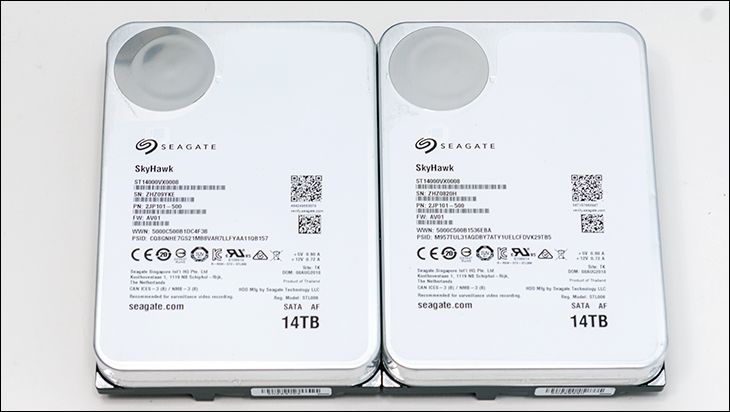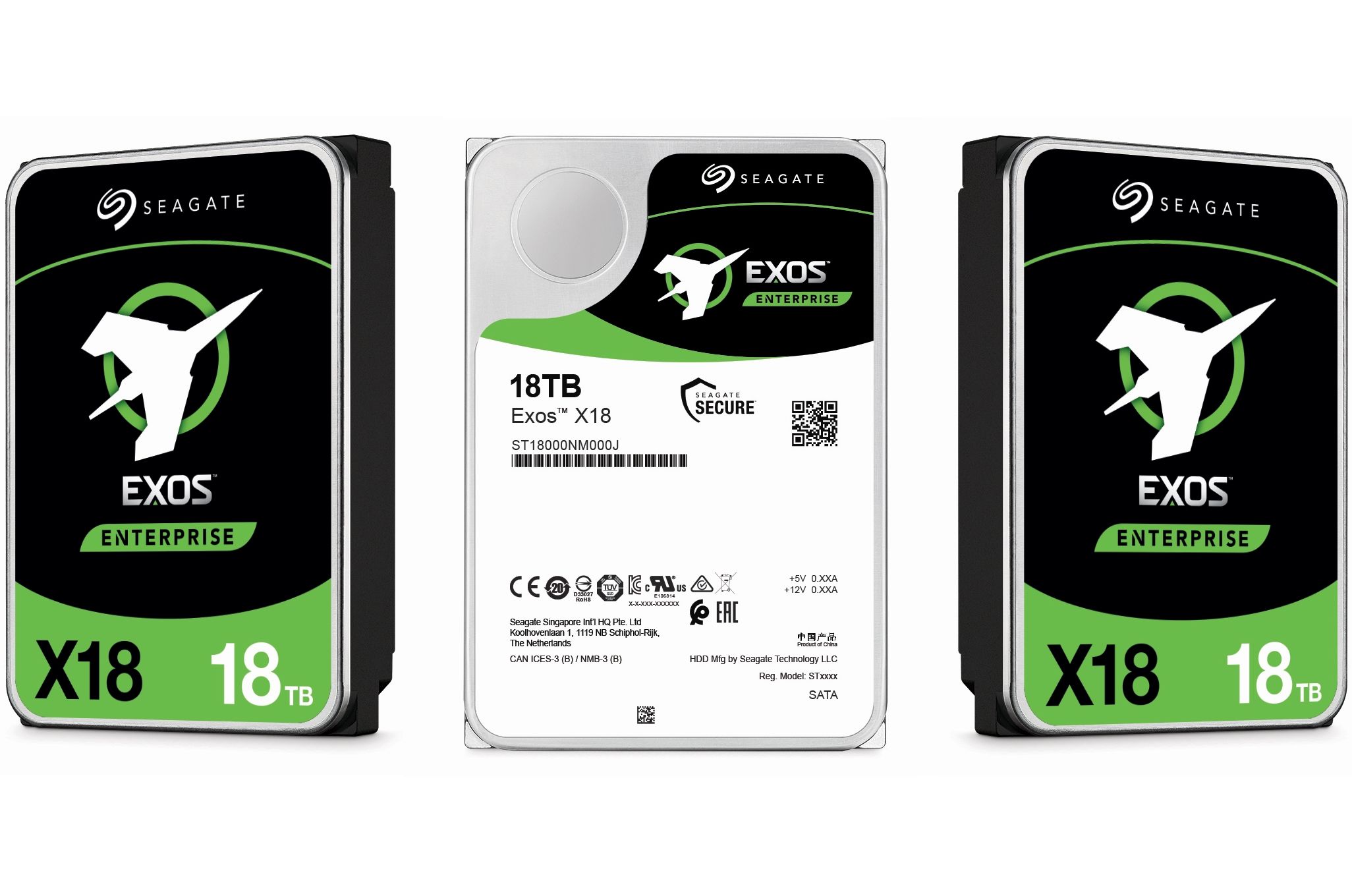In the beginning there was Storage and the Gods of the IT department liked it. There was no choice. There was no worrying over what was best for what server. It was Storage and all was right in the garden of Eden. Then Adam and st/Eve ate of the Apple of Knowledge, turned away from the hearsay of the IBeMmeraphim, and realized that Storage was not good enough. Different servers satisfied different needs, and there was a great yearning for more than just Storage. Thus, Storage multiplied and specialized… to the point now where there are so many options that we no longer have jack of all trade’s storage. We have highly specialized storage options to choose from. Storage meant for very specific roles, and in those scenarios, they shine like no general-purpose model can. Arguably the best example of this highly refined, highly specialized approach to Storage is the Seagate SkyHawk series, and why we will be showcasing exactly what this series offers in today’s review.

To be a bit more precise, we will putting a pair of $400 (USD) Seagate SkyHawk 14TB drives (in and out of RAID scenarios) under the microscope today to show exactly how far the industry has come since the days of ‘you can have any color you want as long as it is IBM Beige’. Make no mistake an argument can be made that any modern storage device can handle general purpose storage needs; however, when dealing with highly optimized models they only shine in the niche they were created for.
This actually is why we have chosen the SkyHawk and not SkyHawk AI series as the model to show how far specialization has come. We say this as the SkyHawk series has been designed for a rather specific role – surveillance storage – that has very, very precise requirements. In this corner of the marketplace random IOPS does not matter. Read/Write small file performance does not matter. Even sequential read performance does not matter all that much. Instead, these drives live and die by their continuous sequential write performance. Sequential write performance at rather deep queue depths. This is what they will spend an estimated 90+ percent of their life doing… and doing in devices with (up to) seven of their siblings.
Yes, this is a specific task to ask of any one hard disk drive and that is why the most specialized variant of the Guardian series was created to fulfill it. As we will show, this model has been built from the ground up with these demanding, and unique, requirements in mind… and the impact on overall / general purpose storage performance is noticeable to say the least. We will go over exactly how Seagate was able to do what they do, and show why sometimes you really do need to call in an expert for certain jobs.











